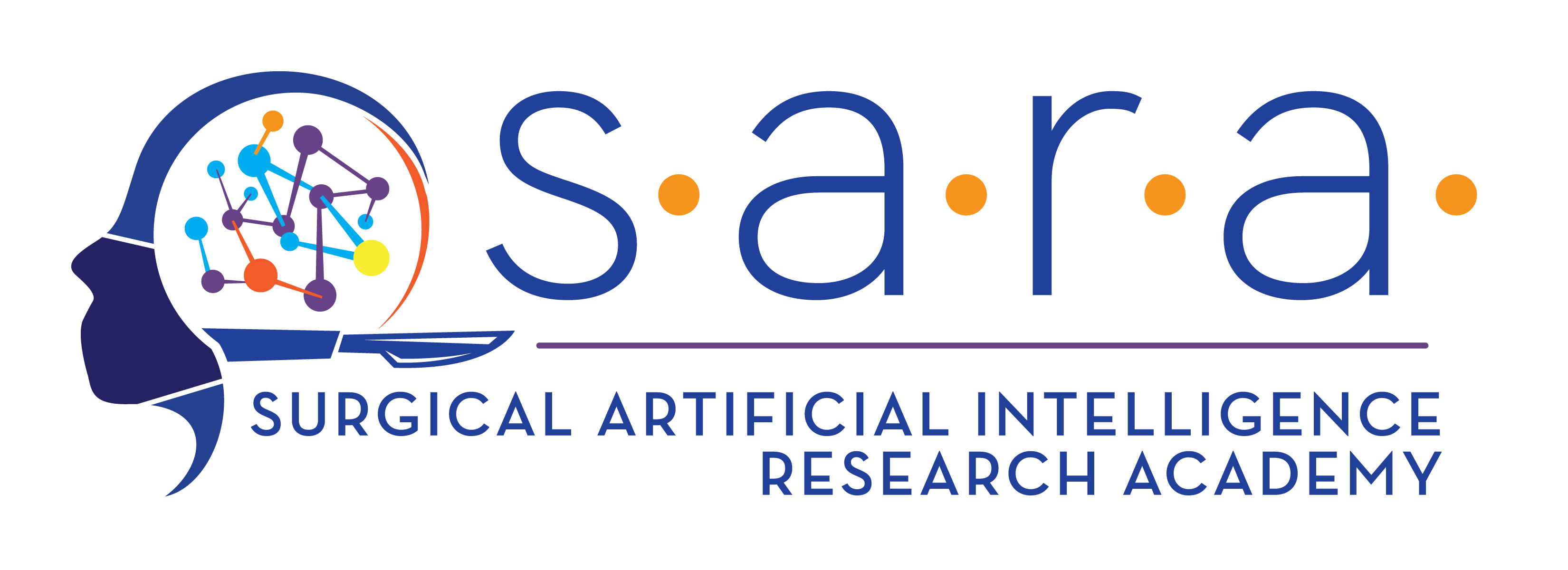Projects
Theme 1: Surgical Data Science
A) Surgical AI for operative guidance and navigation
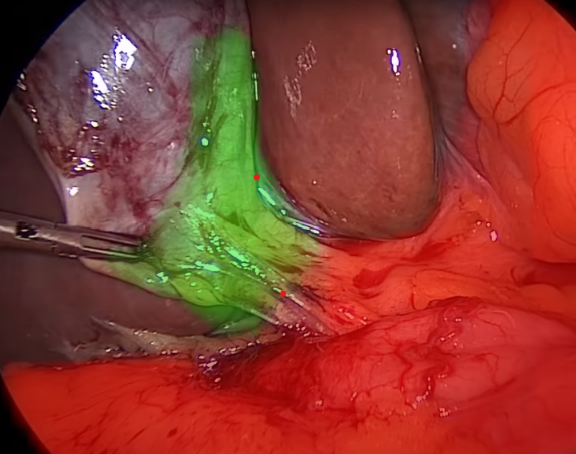
Development/validation of computer vision AI models that are capable of “seeing the surgical field” and providing real-time guidance to surgeons to avoid complications and optimize surgical outcomes. Through machine learning, these models are trained to learn the cognitive behaviours (i.e. thought habits) of many expert surgeons, and then replicate them on new procedures they have never been exposed to before. E.g. GoNoGoNet analyzes the surgical field to assess where it is safe to dissect (Go zone) and where it is not safe to dissect (No-Go zone) during a lap chole.
Similar project undergoing in various subspecialties (e.g. colorectal, vascular, thoracic, endocrine surgery, etc.). Trainees can pick an area of interest and apply machine learning methodology, collaborate with computer scientists, developers and expert surgeons from many centers around the world. Projects include everything from the initial design, development and training/testing AI models, avoiding biases, to implementing them in the operating room to evaluate improvement in surgical performance and patient outcomes.
B) Ethical Surgical AI
Despite its significant advantages, many issues currently surround the use of AI in the operating room. We use a combination of qualitative and mixed-methods studies to create a conceptual framework to guide the ethical and responsible use of surgical AI in a sustainable and scalable manner.
C) Global Health and Surgical AI
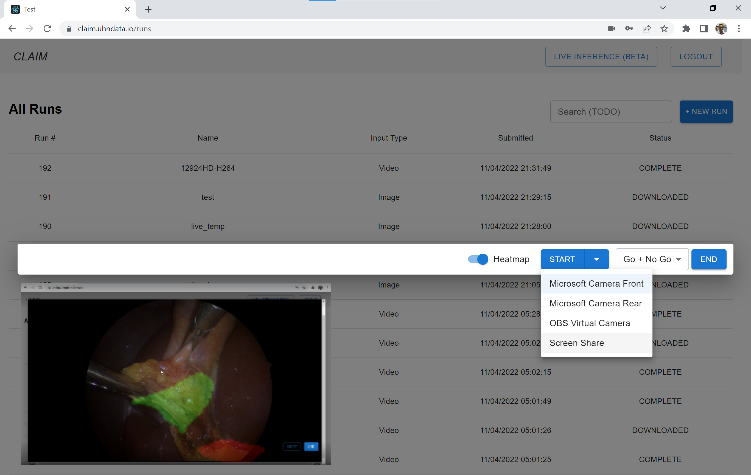
One of the greatest advantages of surgical AI is the ability to “Democratize Surgical Care” (i.e. bring surgical expertise where it is not available). For this study, we work with various engineers, cloud-developers and data scientists to implement surgical AI in rural, remote and resource-restricted regions of the world.
D) Tissue Rendering, 3D Reconstruction of Surgical Anatomy
One of our greatest challenges for surgical simulation is the ability to recreate tissues in a virtual environment that have the same physical and viscoelastic properties as real tissues, and allows us to manipulate them for the purposes surgical training. These projects aim to perform 3D renderings of surgical scenes to enable simulation-based training using patient-specific scenarios and rehearsals
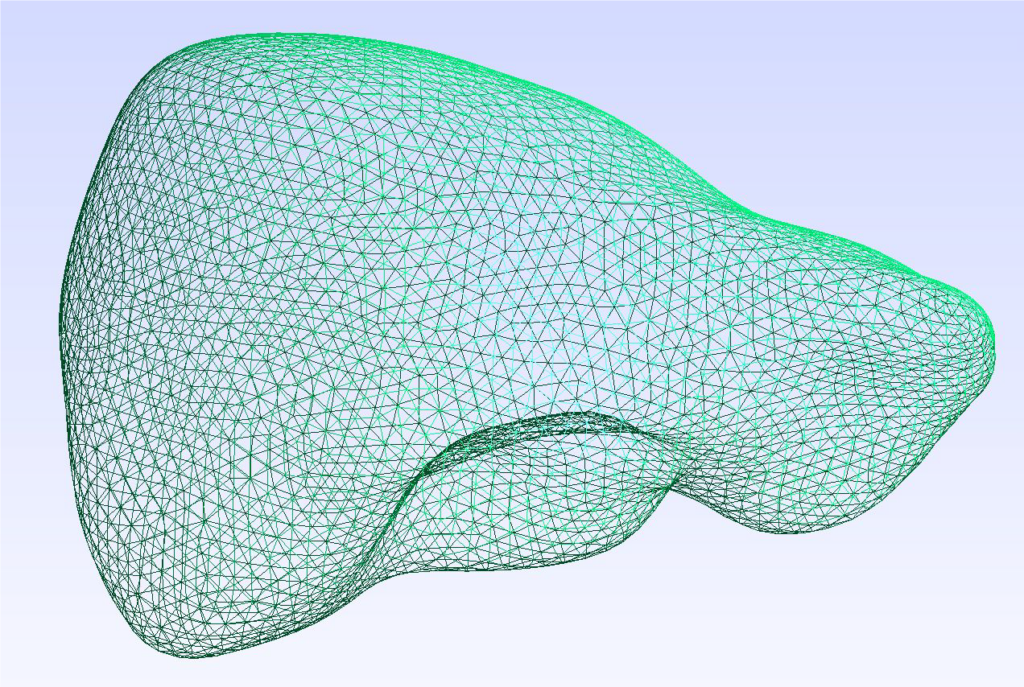
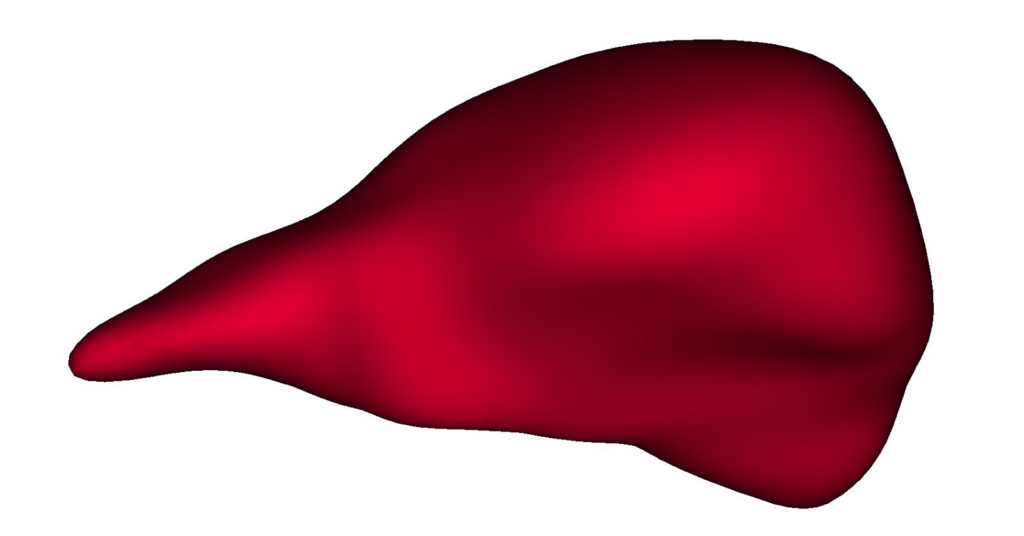
E) Deepfake surgical videos
One of the greatest limitations in surgical AI is the lack of surgical data (e.g. videos) to train AI models. This project aims to use Generative Adversarial Networks (GANs) to develop synthetic datasets (i.e. new data that never existed in the first place) similar to how Deepfakes have been used for other applications.
Theme 2: Surgical Coaching
A) Telestration for Remote Guidance and Navigation
Developing and testing a hand-held telestration device (similar to a Wii controller) to provide real-time guidance during minimally-invasive surgery and during telecoaching. This project involves development, usability testing, end-user assessment and validation for surgical coaching.
B) Mobile Game: Lap-Bot – Safe Chole
Developing mobile game app (iPhone and Android) for residents with intraoperative scenarios that evaluates their decision-making and give them scores on their performance, and assess whether this improves their acquisition of surgical skills. Athletes have coaches. How about an AI-powered coach on-demand and ready anytime to provide feedback? We have an app for that! This gaming app was developed in collaboration with the Applied Perception Lab at Concordia University https://ap-lab.ca/, designed to teach surgical trainees safe laparoscopic cholecystectomy.
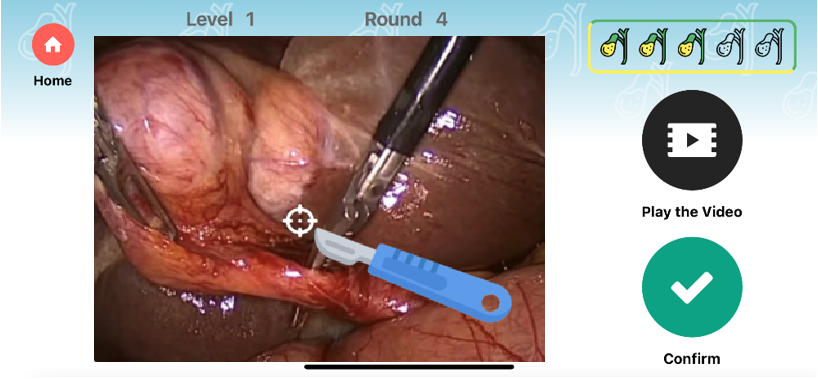
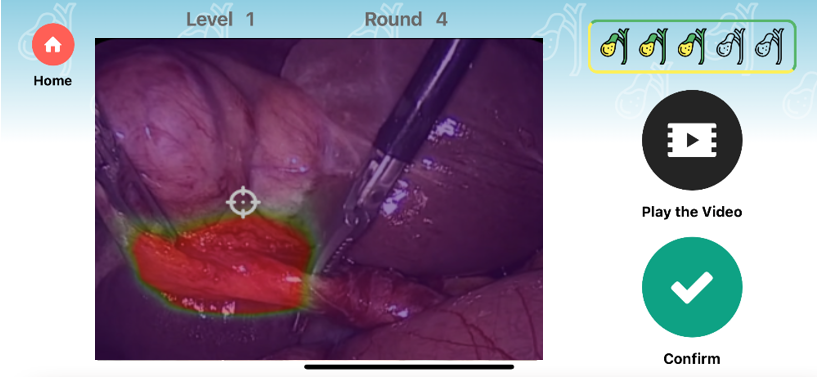
C) Coaching Surgeons
Evaluating whether peer-to-peer coaching amongst surgeons in practice improves their operative performance overtime.
D) Team-based training in virtual reality – liver transplant
Communication is central to a high-functioning team – especially for complex procedures such as liver transplantation. In this study, the learner will work with a team of transplant surgeons, anesthesiologists and nurses to develop a VR game simulation where participants will practice communication and decision-making during liver transplant, including routine and difficult intraoperative scenarios that require prompt decisions and actions.
E) Mass-Casualty Trauma Simulation
One of the most challenging aspects of managing a mass-casualty disaster requires effective communication and resource-management. MasTER (Mass-Casualty Trauma and Emergency Response) is an intelligent, human-in-the-loop software platform powered by deep reinforcement learning. It is designed to support real-time decision-making during mass-casualty incidents by facilitating patient transfers and optimizing resource allocation. MasTER addresses critical challenges in high-pressure environments where timely and coordinated responses are essential. The system leverages advanced reinforcement learning models trained in realistic simulation environments and integrates expert oversight to ensure reliable, explainable recommendations. Beyond trauma response, MasTER is adaptable to a range of emergencies, including public health crises like COVID-19 and military medical evacuations. Its modular design enables deployment as both a live decision support tool and a simulation-based training platform.


